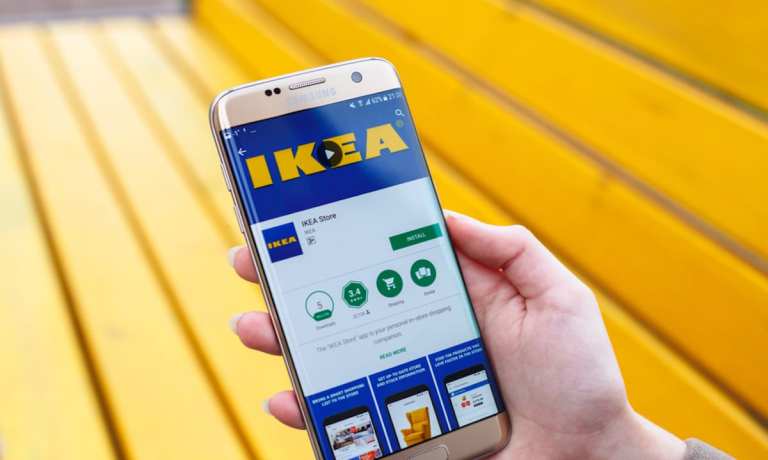
IKEA is reportedly testing a peer-to-peer marketplace where customers can sell each other secondhand furniture.
IKEA Preowned is the Swedish retailer’s attempt to take on companies such as eBay and Craigslist, and will be tested in Madrid and Oslo for the remainder of the year before a global rollout, CEO Jesper Brodin said in an interview with the Financial Times Monday (Aug. 26).
“This has been a dream in the making for a while,” Brodin said. “We are in a place in Ikea where we can do more advanced and cool stuff. There is an incredible confidence in the company evolving on digital.”
The report notes that the secondhand marketplace is part of a recent transformation for IKEA, shifting from a suburban retailer where customers have to pick up and assemble their furniture, to one that offers online sales, stores based in city centers, and services like assembly.
With IKEA Preowned, customers can enter the item they want to sell, along with its pictures and the price they’re offering, while Ikea’s artificial intelligence (AI)-powered database adds its own promotional images and measurements.
From there, the buyer can collect the furniture straight from the seller, who can either receive money or get a voucher from Ikea with a 15% bonus, the report said.
As PYMNTS reported earlier this year, many consumers have been turning to second-hand channels for big-ticket purchases such as furniture.
Research from the PYMNTS Intelligence report “Consumers Shop Secondhand Stores as Often as Other Retail” found that, of the 43% of consumers made retail purchases through secondhand channels last year, 20% did so to buy furniture.
That share climbed to 38% for bridge millennials (older millennials and younger members of Generation X) and 34% for millennial shoppers.
News of IKEA Preowned comes one week after the retailer announced another new innovation: a fleet of AI-powered drones, designed to help tame the the chaos of inventory management in IKEA’s mammoth warehouses.
After a year of testing at a distribution center in Belgium, IKEA is set to deploy these high-tech helpers to more stores over the next year. As PYMNTS wrote, this move could redefine how retailers oversee their stock and possibly how consumers shop.
“Drones equipped with RFID and barcode scanners are significantly improving inventory accuracy and reducing the time needed for stock checks,” Robert Khachatryan, founder and CEO of Freight Right Global Logistics, told PYMNTS.
“For example, Gather AI’s drones collect data at a rate 15 times quicker than humans for specific tasks. Additionally, they can read 95% of the barcodes and labels found in warehouses, enabling managers to redirect human cycle counters to more valuable responsibilities.”